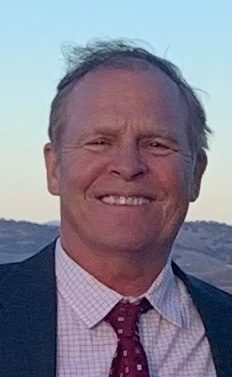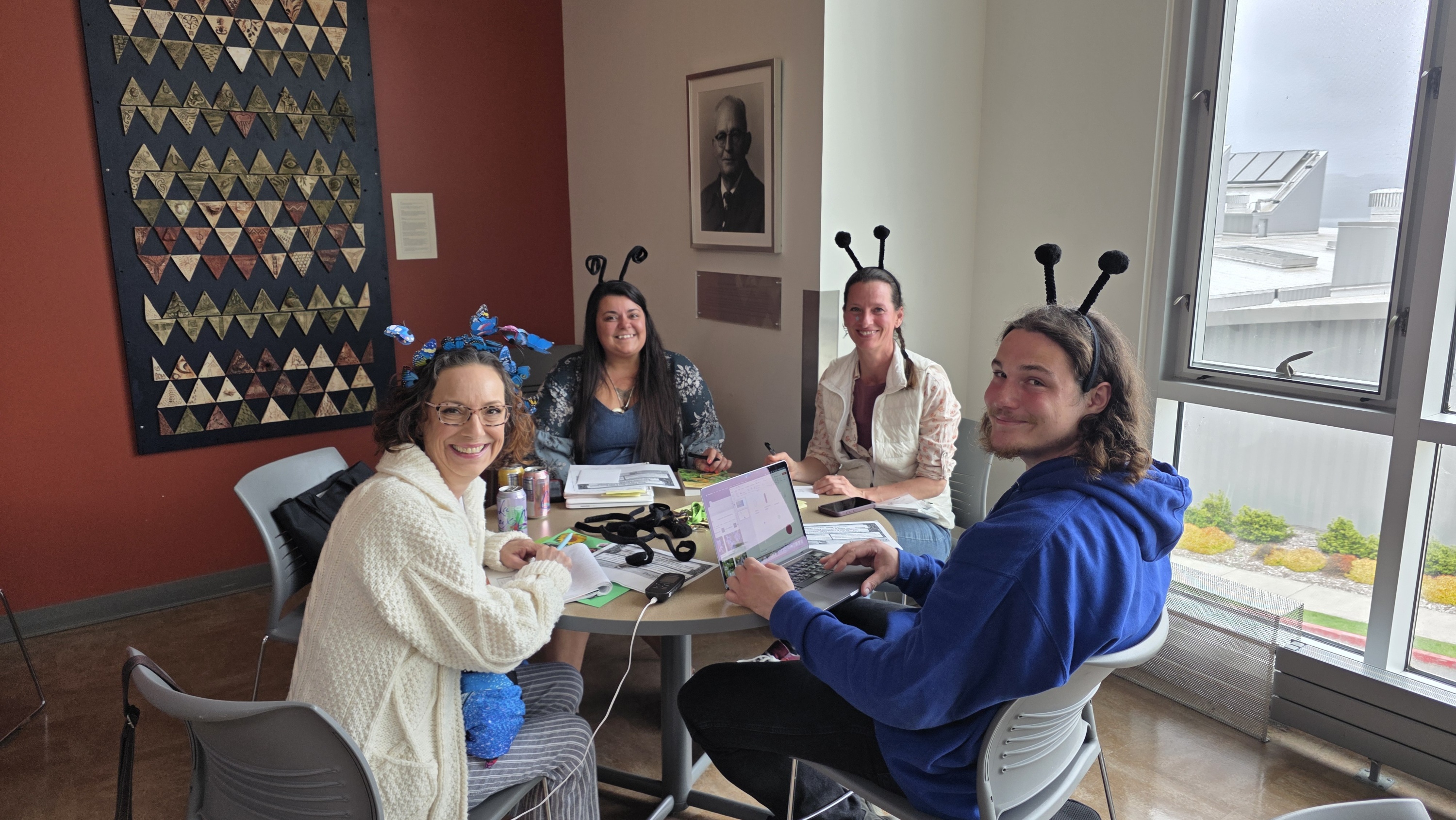Of death, departed dogs and druids
Published 5:00 pm Thursday, June 7, 2007
Craig Thomas, a relaxed U.S. senator from Wyoming who died a few days ago, was a genuine supporter of national parks including ours. He also was a truly nice guy.
I got to know him as a cub reporter when he first ran for the state legislature from our town of Casper. He wasn’t a complete political novice, being executive director of Wyoming’s homegrown rural electric association, but was green enough to be pleasantly surprised when my story about his candidacy was correct and unbiased. I suspect we’re all just making it up as we go along.We remained friendly acquaintances over the years, especially during the time my good friend Liz Brimmer worked as his chief of staff.
Thomas’ core political beliefs were not to my personal taste then or now, but he exemplified a certain type of Western politico, a dwindling breed of libertarian conservative who endeavors to keep government out of people’s business. In part, this doubtless stems from a sincere if rather silly belief that East Coast elites are on a holy quest to mess with the blameless ranchers, miners and wildcatters of the interior Mountain West – who are all busily profiting from the exploitation of public property.
Thomas hewed to the party line with regrettable zeal. His steadfast support of virtually every GOP-sponsored bill reflected an unfortunate tendency to put party loyalty ahead of independent thinking – something not unique to him or to Republicans.
Though he voted aye anyway, I have to believe he was privately uncomfortable, at least, with George W. Bush’s bloated budget deficits and reckless foreign policy. I wish he had been more like Nebraska’s Chuck Hagel in rejecting Bush’s more obvious stupidities.
Still and all, Craig was a decent and honorable man. He eschewed the personal attacks and corporate-sponsored social life of the capital, remaining married for life to the same wife and raising four kids. Many Western politicians are all hat and no cowboy; he was the opposite.
On a completely different scale, I had the scare of my recent life last week when our new puppy came within an adorable whisker of getting himself flattened by a fire truck.
Seeing dogs get run over is a profound personal phobia of mine, ever since I was 7 and saw my older brother’s little terrier die on the busy highway that ran past our grandparents’ farm. Our family pets seemed to have an accursed attraction to car tires; I was out of college before we had a dog who managed to die of old age.
Our bright 10-week-old wheaten terrier, Duncan, was startled by a siren and tore off across the street on a direct intercept course with a huge red engine racing to a boat fire at the port. Of course, my running after him shouting “Puppy!” at the top of my lungs didn’t help calm the situation. Nor did my combination tackle/trip have any hope of nabbing Duncan; perhaps I unconsciously preferred to plant my face in the gravel than watch him die.
Bless his heart for quick reflexes and keen eyesight, engineman Dave Glasson of the Long Beach Volunteer Fire Department slowed down just in time save my little rascal’s life. Thanks!
Closing on the theme of death and near- death experiences, one of my favorite magazines has been covering an unusual aspect of the burgeoning initiative to reinter the remains of ancient people previously dug up in the cause of science.
I don’t mean to offend those who feel otherwise, but to me a dead body – though certainly a powerful symbol of the person who once inhabited it – possesses little more inherent significance than an empty seashell has to the departed organism that created it. If we can learn interesting things about ancient people by examining their bones, I figure no harm done. On this basis, I was unsympathetic to Native Americans who wanted to rebury the 9,300-year-old Kennewick Man’s bones without first thoroughly studying them.
But in the past year I’ve come to believe local Chinook Indians have an absolute right to demand that their preferred level of respect be paid to ancestral remains discovered on the banks of the Lower Columbia. In addition to legitimate matters of religious belief, they are a people with few other tangible links to a glorious past. We all should honor their wishes.
Come to find out, in the pages of British Archaeology magazine, that latter-day Druids are aggressively seeking to have ancient British remains removed from museums and put back where they were found.
Though they are easy to poke fun at, with their Harry Potter robes and newly hatched ceremonies modeled on imaginary rites from a long-forgotten past, I guess even Druids ought to be able to create whatever meaning they like for themselves, so long as it doesn’t involve human sacrifice.
Truth be told, I suspect we’re all just making it up as we go along. Let’s be kind to one another along the way.
– M.S.W.





